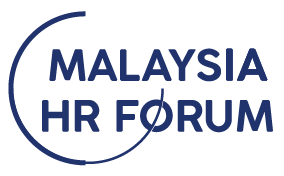
Learn to design effective Flexible Work Arrangements (FWA) that boost productivity, meet legal updates, and support employee needs.
Want to run this event in-house? Enquire about running this event in-house
Interested in attending? Have a suggestion about running this event near you?
Register your interest now
Description
Flexibility at Work - Designing Flexible Work Arrangement (FWA) Solutions
The modern workplace is evolving rapidly, and flexible work arrangements (FWA) have become critical for businesses to adapt to workforce expectations and market demands. The FWA is also an element in the recently amended Employment Act 1955. This course equips participants with the knowledge and skills to design, implement and manage effective FWA solutions, ensuring organisational efficiency, employee satisfaction and zero discrimination in FWA implementation. Participants will leave with actionable insights and a foundational framework for designing FWA solutions that drive business success while addressing employee needs.
Course Outline
Introduction to Flexible Work Arrangements
- Definition and importance
- Global trends and local legislation updates (e.g., Malaysia's reduced work hours)
Types of Flexible Work Arrangements
- Hybrid work models
- Work-from-home strategies
- Flexi-hours and compressed workweeks
- Part-time work arrangements
- Other innovative FWA solutions
Benefits of FWA
- Enhanced work-life balance
- Cost savings and environmental sustainability
- Employee retention and satisfaction
Challenges of FWA
- Impact on productivity and teamwork
- Managing employee engagement and performance
- Practical considerations (e.g., work processes, readiness and disciplinary records)
Designing and Implementing FWA
- Key criteria for FWA eligibility
- Steps for application and approval processes
- Developing policies and boundaries
- Monitoring and evaluating effectiveness
Strategies for Success
- Fostering a culture of trust and accountability
- Enhancing recruitment and retention in a flexible workplace
- Continuous learning and feedback mechanisms
Case Studies and Best Practices
- Examples of successful FWA implementations
- Lessons learned and practical tips
Interactive Workshop
- Creating an FWA matrix tailored to your organisation
- Developing a sample FWA policy
Who Should Enroll?
- HR professionals and managers
- Business leaders and decision-makers
- Team leaders and supervisors
- Individuals involved in workforce planning and policy-making
Programme Objective
- Understand the principles and benefits of flexible work arrangements.
- Learn the different types of FWA models, such as hybrid work, compressed workweeks and part-time options.
- Identify key considerations and challenges in implementing FWA.
- Develop strategies to enhance employee engagement and organisational productivity in a flexible work environment.
- Create tailored FWA policies aligned with organisational goals and employee needs.

